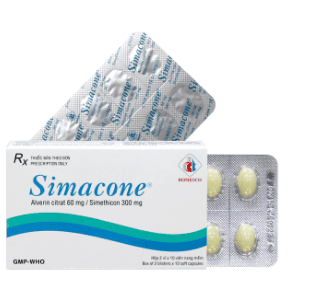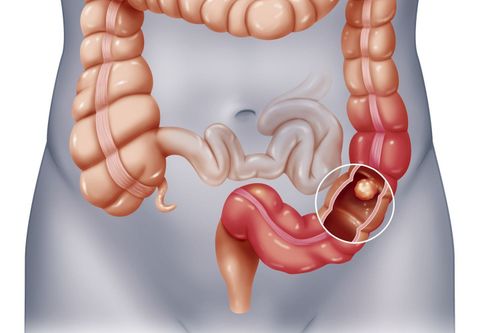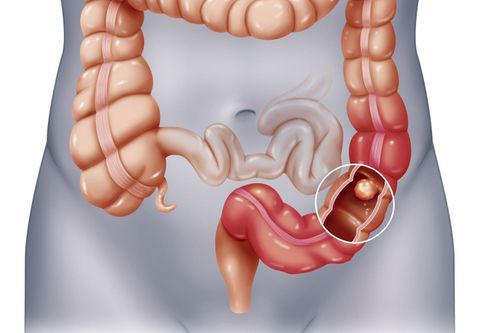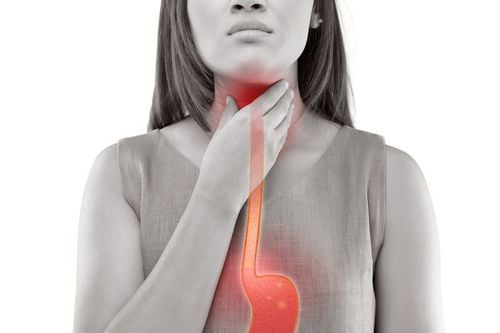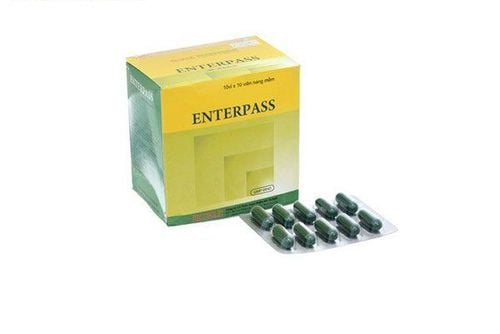This is an automatically translated article.
Posted by Doctor Ma Van Tham - Department of Pediatrics - Neonatology, Vinmec Phu Quoc International General Hospital
Bloating and distention are the most commonly reported bothersome symptoms in patients with bowel dysfunction. Children with frequent bloating need to have a scientific diet to not only repel this discomfort but also help other organs be healthier.
1. What is flatulence and bloating?
Bloating and distention are among the severe symptoms reported in patients with inflammatory bowel syndrome. It is often difficult to diagnose the cause and target the correct treatment of abdominal distention.
=>>See more advice from Doctor Ma Van Tham - Department of Pediatrics - Neonatology, Vinmec International General Hospital: When should abdominal distention in children be tested?
Before a patient with abdominal distention, we must first rule out all surgical causes of abdominal distention such as: intussusception, intestinal atrophy, anal stenosis, intestinal obstruction due to other causes... Currently, thanks Advances in understanding of the pathogenesis, especially regarding the role of diet, malabsorption of fermentable sugars, dysbiosis of the gut microbiota, altered gut sensitivity, reflexes Abnormal bowel has brought about progress in treatment. Most notably, a diet low in poly, double, and fermentable monosaccharides significantly reduced symptoms and increased quality of life.
==> See more advice from Specialist I Trieu Thi Hong Thai - Neonatologist - Neonatology Department - Vinmec International General Hospital: Baby fussy due to bloating after birth, what parents should do ?

Chế độ ăn là một trong những nguyên nhân gây hội chứng ruột viêm ở trẻ
2. Diet for children with bloating
The most significant advance in the treatment of flatulence is due to the discovery of a class of difficult to absorb short-chain carbohydrates (FODMAPs). The term includes carbohydrate molecules with similar properties: fructo-oligosaccharides (fructans), galacto-oligosaccharides, lactose, fructose, sorbitol and mannitol. All have small molecular size, therefore, have high osmotic pressure, little absorption or slow absorption in the small intestine.
The Ileostomy study demonstrated that a diet rich in FODMAPs increased the amount of fluid in the lumen of the small intestine. This can cause peristaltic changes, the dilation of the intestines, causing diarrhea. In addition, because FODMAPs are poorly absorbed in the small intestine, they are transported to the large intestine, where they are fermented by microorganisms to produce hydrogen, methane, and carbon dioxide. Magnetic resonance imaging has been used to examine changes in fluid and gas in the intestines after ingestion of fructose and fructans, and it has been found that fructose, being a smaller molecule, increases the amount of fluid contained in the lumen of the small intestine. than fructans, and cause a more gas-producing response because most are transferred to bacteria in the large intestine
These carbohydrates have been implicated in the onset of symptoms in irritable bowel syndrome for decades century. Lactose intolerance is the best example of food intolerance related to gastrointestinal symptoms. Several studies in children and adults have indicated the onset of symptoms, including bloating, in individuals with lactose intolerance. Fructose malabsorption has also received great attention, with a low-fructose diet helping to prevent symptoms as well as significantly reduce bloating in patients. On the other hand, in irritable bowel syndrome patients, the administration of a diet restricted in fructose and sorbitol has been shown to significantly improve stool consistency, but bloating has not been specifically evaluated. .
Thanks to the development of adequate data on foods containing FODMAPs, the FOD-MAP-restricted diet has been confirmed as an effective therapy for the relief of symptoms of irritable bowel syndrome. in at least 75% of patients. This is by far the most effective treatment.

Ba mẹ không nên cho trẻ uống đồ uống có ga





